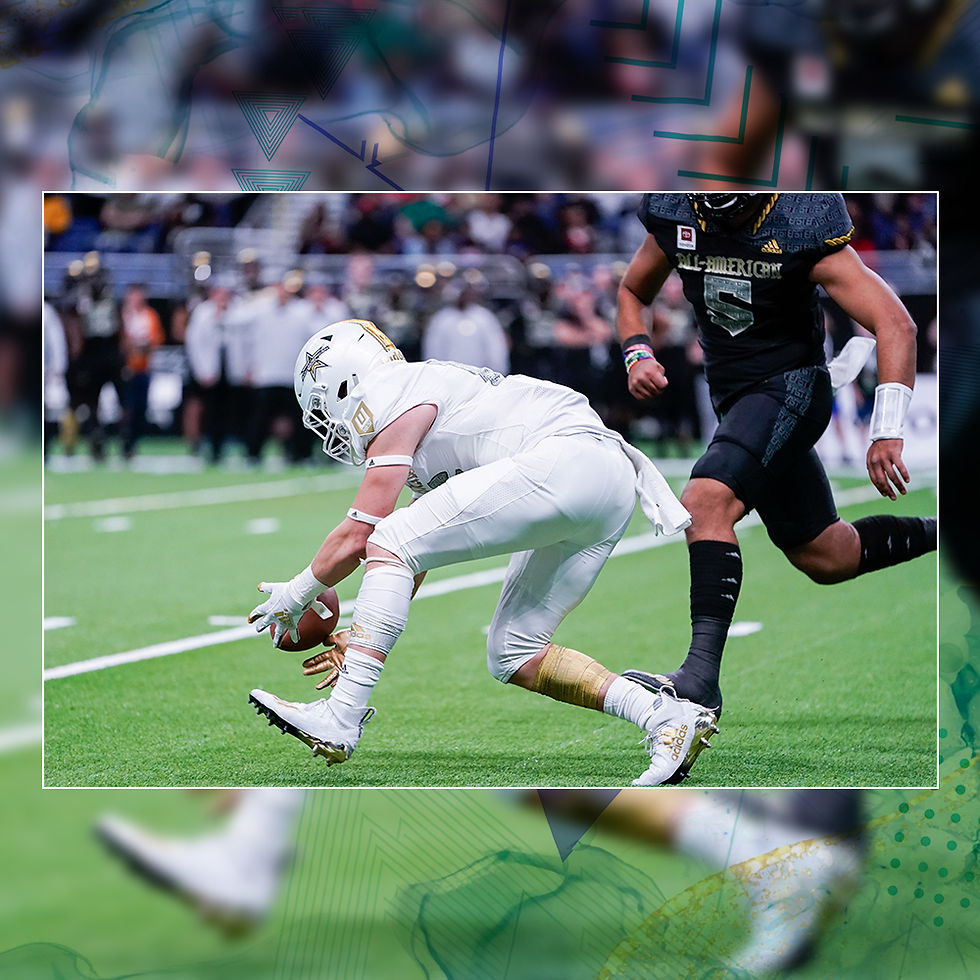Fast-Paced Fun with Benefits: Video Games That Improve Reaction Time
- Ayden Hector Stanford
- Aug 2, 2024
- 4 min read
In recent years, video games have evolved from simple pastimes to complex, immersive experiences that engage players in various ways. Beyond entertainment, many video games offer cognitive benefits, including improving reaction time. As players navigate through fast-paced scenarios, they must make quick decisions, adapt to changing situations, and respond to visual and auditory cues, which can sharpen their reflexes. Here, we explore some of the top video games known for enhancing reaction time and their benefits to players.
The Science Behind Video Games and Reaction Time
Numerous studies have examined the impact of video games on cognitive functions, particularly reaction time. The results consistently show that certain types of games, particularly action-oriented ones, can significantly improve a player's ability to respond quickly to stimuli. This is because these games often require split-second decisions, quick thinking, and the ability to anticipate future events. Over time, these repeated actions train the brain to process information more rapidly and efficiently, leading to quicker reflexes in virtual and real-world situations.
Action-Packed Games: A Training Ground for Quick Reflexes
First-Person Shooters (FPS):
First-person shooter games are among the most effective for improving reaction time. Games like Call of Duty, Counter-Strike, and Overwatch demand players to react to on-screen enemies within milliseconds. The fast pace of these games forces players to develop quick reflexes, as even a slight delay can mean the difference between victory and defeat. The constant need to scan the environment, identify threats, and make immediate decisions hones players' ability to respond quickly to visual and auditory stimuli.
Fighting Games:
Games like Street Fighter, Mortal Kombat, and Tekken are excellent for sharpening reflexes. These games require players to anticipate their opponent's moves and execute precise counterattacks, often within a fraction of a second. The intense one-on-one combat scenarios test players' reaction times to the fullest, as they must quickly process their opponent's actions and react accordingly. Over time, this repeated exposure to high-pressure situations can lead to faster and more accurate responses.
Rhythm Games: Timing and Precision in Harmony
Dance Dance Revolution (DDR) and Beat Saber:
Rhythm games are another genre that can enhance reaction time. Dance Dance Revolution (DDR) and Beat Saber challenge players to hit notes or move in time with the music, often at breakneck speeds. These games require precise timing and quick reflexes to succeed, making them excellent tools for improving reaction time. The ability to synchronize physical movements with visual cues trains players to react swiftly and accurately, both in the game and real-life scenarios where timing is crucial.
Guitar Hero and Rock Band:
Similarly, games like Guitar Hero and Rock Band demand players to react to on-screen prompts perfectly synchronize with the music. As players progress to more difficult levels, the speed at which they must respond increases, further enhancing their reaction times. These games improve hand-eye coordination and train the brain to process visual information more quickly, translating to faster reflexes.
Racing Games: Speed and Precision on the Virtual Track
Mario Kart and Forza Horizon:
Racing games like Mario Kart and Forza Horizon are perfect examples of how video games can improve reaction time. These games require players to make split-second decisions while navigating winding tracks, avoiding obstacles, and outmaneuvering opponents. The fast-paced nature of racing games forces players to react quickly to changing environments, making them an excellent choice for those looking to sharpen their reflexes.
Gran Turismo and Need for Speed:
In more realistic racing simulators like Gran Turismo and Need for Speed, players must master the art of precision driving at high speeds. These games demand high concentration and quick reflexes to avoid collisions and maintain control of the vehicle. The constant need to adjust to changing track conditions and opponents' strategies helps improve reaction time in both the game and real-world driving situations.
Puzzle and Strategy Games: Sharpening the Mind
Tetris and Portal:
While puzzle and strategy games are not as fast-paced as action or racing games, they still play a role in improving reaction time. Games like Tetris and Portal require players to think quickly and make rapid decisions to solve complex problems. The ability to anticipate future moves and react accordingly is essential in these games, making them valuable tools for enhancing cognitive agility and reflexes.
StarCraft II and League of Legends:
Real-time strategy games like StarCraft II and League of Legends also improve reaction time. These games require players to manage resources, deploy units, and execute strategies in real time, often under significant time pressure. The need to multitask and respond quickly to changing situations hones players' ability to think and react swiftly, a skill that can be applied to various aspects of life.
The Real-World Benefits of Gaming
While video games are often viewed purely as entertainment, they offer a range of cognitive benefits, particularly in improving reaction time. Through fast-paced action games, rhythm challenges, or strategic puzzles, players can enhance their reflexes and mental agility in ways extending beyond the screen. As research continues to explore the positive impacts of gaming, it's clear that these digital experiences offer more than just fun—they provide valuable mental training that can benefit players in their daily lives.


Comments